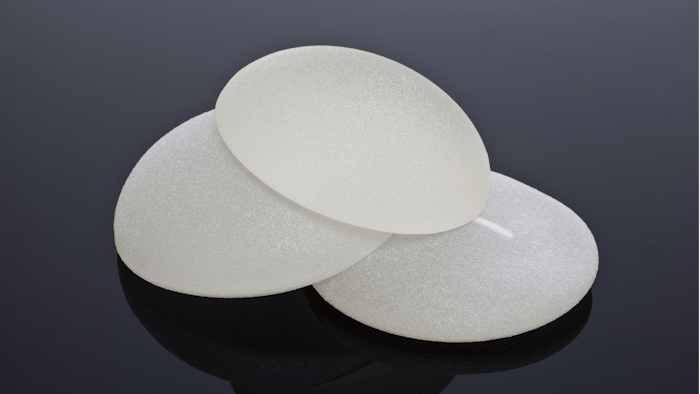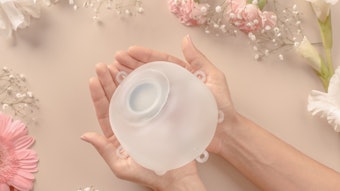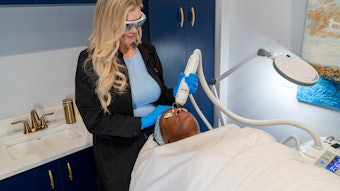
A study from the Massachusetts Institute of Technology (MIT) and funded by Establishment Labs Holdings, a medical technology company focused on women’s health, investigated how different breast implant surfaces affect the host immune response.
Related: Rotation Risk with Micro- vs. Macrotextured Implants
The purpose of the study was to determine the optimal breast implant surface topography that induces the least amount of adverse foreign-body response and understand better how breast implant design impacts biocompatibility.
“Surface Topography Mediates Foreign Body Response of Silicone Breast Implants in Mice, Rabbits, and Humans,” published in Nature Biomedical Engineering (June 21, 2021), demonstrated that the patented Motiva SmoothSilk surface implant, which has an average roughness of 4 microns, significantly reduced the foreign body response compared to implants with high degrees of roughness or completely smooth surfaces that were included in the study.
Related: FDA Updates Analysis on Breast Implant Illness
In addition to its topography of only 4 microns, on average, the SmoothSilk implant incorporates other specific characteristics around skewness and the number, distribution and size of contact points.
The study, led by MIT Professor Robert Langer and lead authors Joshua Doloff and Omid Veiseh, examined foreign-body responses and capsular fibrosis triggered by miniaturized versions and human-scale commercially available breast implants with different surface topographies (including averages that varied from 0–90 microns) placed in the mammary fat pads of mice and rabbits for up to one year.
In both the mice and rabbit models, researchers found that tissue exposed to implants with higher degrees of roughness or completely smooth implants showed increased levels of activity from macrophages as well as higher levels of activity in inflammatory T cells, as well as more scar tissue formation.
Surfaces with the SmoothSilk architecture showed a significantly lower level of immune response and the most healthy and biocompatible tissue capsules compared to either completely smooth implants or those with rougher surfaces.
“Given the lack of scientific understanding regarding the optimal biocompatibility of implants over decades of studying the body’s immune response, we believe these findings are particularly notable,” said Langer. “We studied a number of different silicone breast implants, all with different surfaces. Of those tested, the results demonstrated that an implant that includes architectural features specific to the SmoothSilk surface was superior in minimizing inflammation and excessive foreign-body response. We believe that the determination of an optimal surface is a significant step forward for the breast implant and medical device communities towards designing safer and more biocompatible implants which can reduce patient complications.”
After performing the animal studies, researchers analyzed tissue samples from explanted breast implant capsules at MD Anderson Cancer Center to study how human patients respond to different types of silicone breast implants. In those human samples the researchers found evidence for the same types of surface-mediated immune responses that they had seen in the animal studies. Among their findings they observed that tissue samples from patients with highly textured implants showed signs of a chronic, long-term inflammatory response. They also found that tissue capsules from patients with traditionally smooth or highly textured implants were notably thicker and less healthy as compared to those from patients with SmoothSilk implants.











